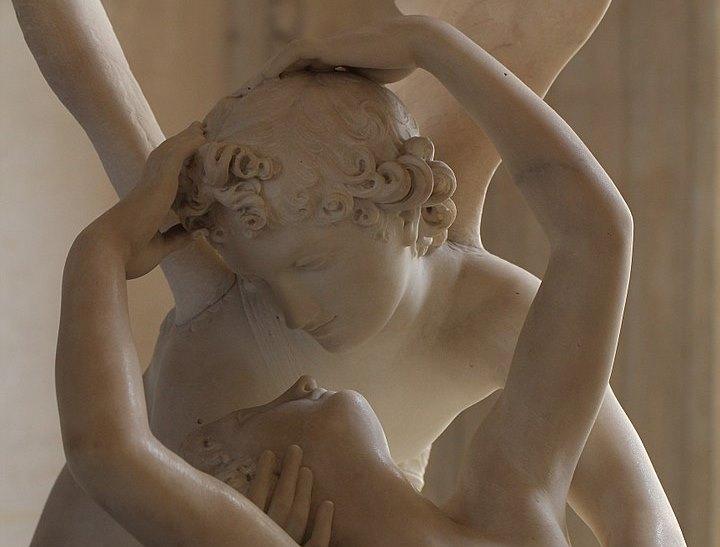Though he died over 50 years ago, C.S. Lewis remains popular both as a writer of Christian apologetics and as a novelist. Critics regard his “Narnia” books as childhood classics, and with sales of those books topping 100 million over the years, many children and their parents clearly agree. Some of the young people I used to teach touted Lewis’s space trilogy, which I have yet to read. The students and I did read together “The Great Divorce,” Lewis’s novel exploring the divisions between heaven and hell.
Of all Lewis’s novels, however, I would contend that his last and perhaps least-read fiction—“Till We Have Faces: A Myth Retold”—is also his best.






